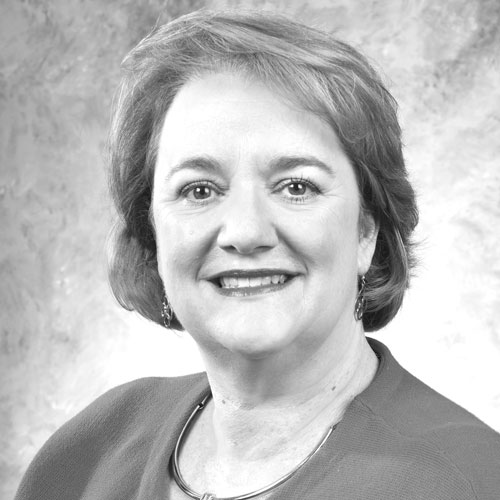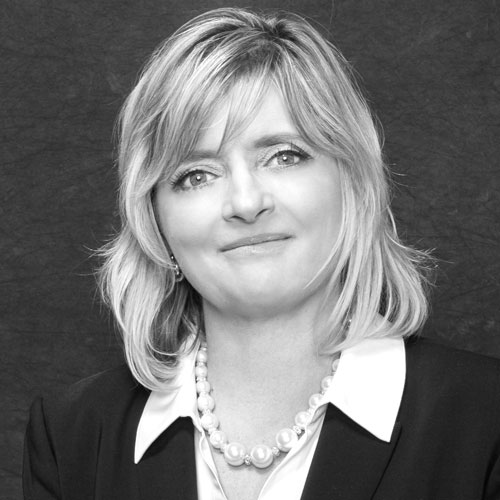Since declaring “war on cancer” more than four decades ago, the hope has been to develop a magic bullet that would deliver a universal cure. Unfortunately, extensive research has shown tumors to be heterogeneous with significant variations, even within a single patient. Because cancer has turned out not to be a single disease, it’s unrealistic to expect it to respond to a single targeted treatment.
Even with the complications presented by this heterogeneity, Lee Allen, chief medical officer at Argos Therapeutics, believes new immunotherapy approaches offer promising possibilities. “To be optimally effective, cancer treatments need to be individualized,” he explains.“Immunotherapy enables us to develop a customized treatment for each patient, harnessing the power of their immune system to induce a powerful, precise, tumor-specific immune attack.”
Tumor variability highlights the critical importance of targeting multiple tumor-specific antigens (neoantigens) to generate a maximally beneficial therapeutic response. Tumor heterogeneity, in fact, not only limits the success of immunotherapies that try to select (or “identify”) unique individual tumor-specific targets, but has also dampened optimism around hope for off-the-shelf immunotherapies that could be efficiently “developed for one, but used by many.”
Argos’s approach also has an “immunologic memory component” that has the potential to lead to prolonged antitumor responses and durable remissions, unlike traditional chemotherapy, which is effective only when being administered. In addition, this immunotherapy platform has been engineered to overcome tumor-induced immunosuppression by incorporating an important costimulatory signal that facilitates the generation of new, specific, tumor-targeted, durable memory/effector immune cells.
Recent approvals of immunotherapies in various indications are changing the cancer treatment paradigm. But there are still considerable unmet medical needs since only a small percentage of patients respond and significant toxicities limit the viability of combination regimens. Still, Allen believes in the unprecedented potential of precision immunotherapy to revolutionize cancer treatment and provide patients with significant clinical benefit, improved quality of life, and new hope.
Editor’s Note: As of press time, Dr. Allen had resigned his position with Argos Therapeutics.


